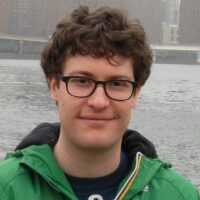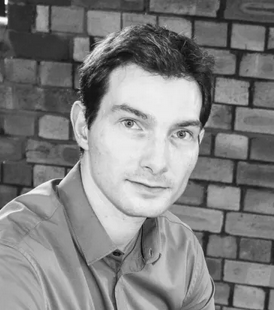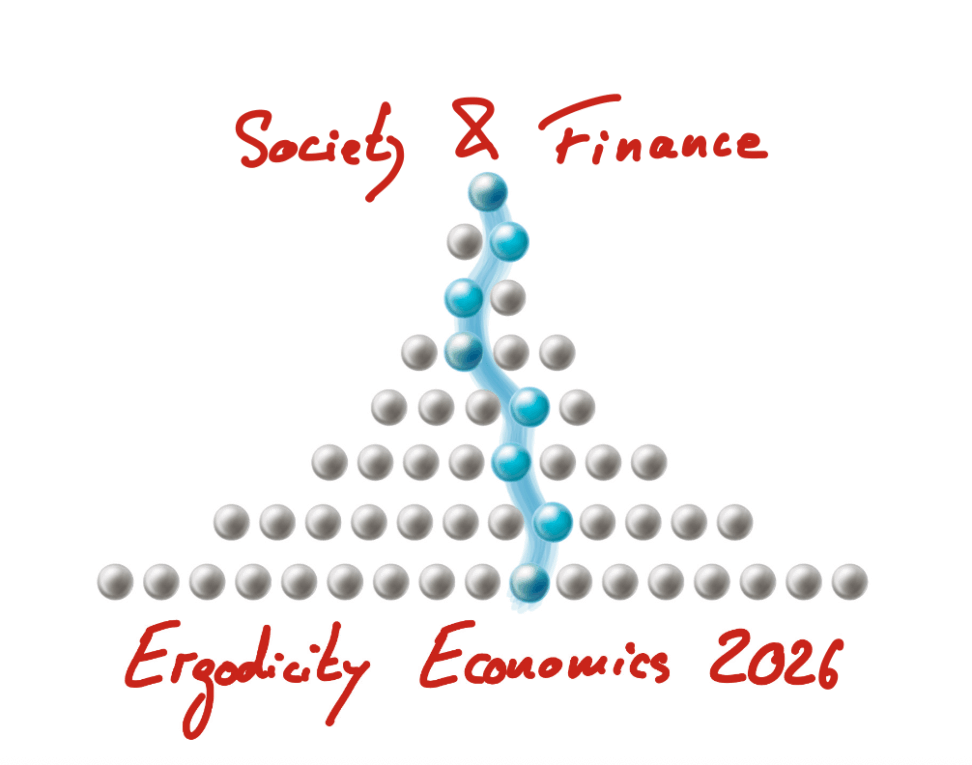Blog
-
EE Seminar #14: Fabio Caccioli – Understanding Financial Contagion: A Complexity Modeling Perspective
Posted on
by
In this seminar, Fabio Caccioli (University College London) reviews key contributions of complexity science to the study of systemic risk in financial systems. The seminar focuses on network models of financial contagion and various mechanisms of shock propagation, such as counterparty default
-
EE Seminar #13: Fabien Paillusson – Spectroscopic classification of non-ergodic populations
Posted on
by
Non-ergodicity impacts statistical inference across a diverse range of disciplines, both within and beyond physics. However, the concept of ergodicity is used inconsistently and may refer to several non-equivalent notions. In this talk, Fabien Paillusson (University of Lincoln) identifies and clarifies the
-
Ergodicity economics in the Copenhagen experiments
Posted on
by
Dr Ole Peters (London Mathematical Laboratory, Santa Fe Institute) explores how ergodicity economics rethinks decision-making and expected value, drawing on insights from Copenhagen experiments. Abstract Expected values play an important role in economic modelling. Many behavioural models propose that humans optimise expected
-
EE Seminar #12: Ollie Hulme – Time-averaging predicts optimality of human risk-taking and striatal reward responses
Posted on
by
Maximising expected outcomes – framed as expected utility in behavioural science and expected reward in reinforcement learning – has long dominated models of decision-making. In this seminar, Ollie Hulme (DRCMR) asks if people maximise time averages instead. He will present data showing
-
EE2026 – Society and Finance – online conference
Posted on
by
To register, please click here. The full program is available here. Ergodicity economics has resolved longstanding puzzles in economic theory. However, economics is not only an academic discipline but also an influential force in how we organize human societies, often
-
Congratulations to Ole Peters on being awarded Freedom of the City of London
Posted on
by
Congratulations are in order for LML Fellow and Co-founder Professor Ole Peters who was awarded the Freedom of the City of London on 19 July 2024, having been nominated for his contributions to research into economics, in particular his formulation of Ergodicity
-
Interview: LML Fellow Emilie Soysal
Posted on
by
Emilie Rosenlund Soysal joined LML as a research fellow in January 2024. Her current research focuses on the economic modelling of climate change and disaster risk, tipping points and extinction. She is particularly interested in optimal policies under the presence of absorbing
-
Data Science for Social Good — identifying students at risk of missing out on higher education
Posted on
by
Datafest, a recent event at The Shard in London, marked the culmination of a twelve week effort by students participating in the 2023 Data Science for Social Good (DSSG) Summer Fellowship programme at the University of Warwick, supported by the London Mathematical
-
Data Science for Social Good — helping consumers to identify greenwashing
Posted on
by
Datafest, a recent event at The Shard in London, marked the culmination of a twelve week effort by students participating in the 2023 Data Science for Social Good (DSSG) Summer Fellowship programme at the University of Warwick, supported by the London Mathematical
-
Fighting deforestation in Brazil: gaining insight through data science
Posted on
by
Datafest, a recent event at The Shard in London, marked the culmination of a 12-week effort by students participating in the 2023 Data Science for Social Good (DSSG) Summer Fellowship programme at the University of Warwick, supported by the London Mathematical Laboratory.





